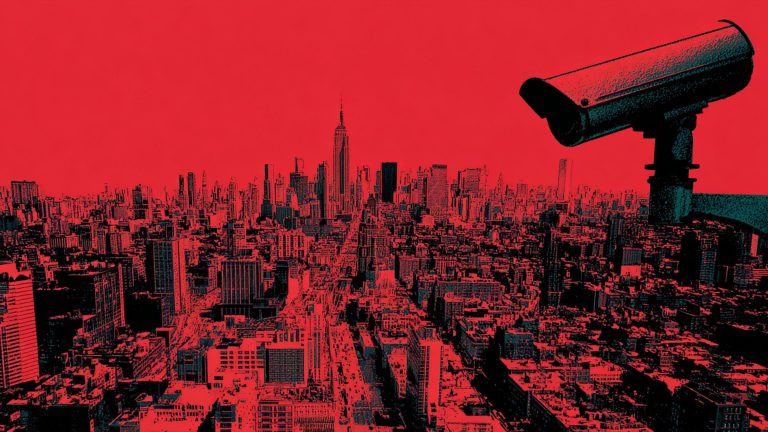TikTok’s future in the United States hangs in the balance as the company takes its fight against a looming federal ban to the nation’s highest court. On Monday, TikTok and its Chinese parent company, ByteDance, petitioned the Supreme Court for an emergency injunction to halt a law that demands the app’s divestiture by January 19 or risks an outright ban.
We obtained a copy of the petition for you here.
The law, passed by Congress in April, stems from intensifying concerns over national security. US officials, including the Justice Department, argue that TikTok’s access to vast amounts of sensitive user data—ranging from geolocation information to private communications—poses an unparalleled risk. They also allege the app can manipulate the content seen by American users, branding it a tool of significant influence from a foreign adversary.
However, TikTok staunchly denies these allegations, asserting that it has never shared, nor would it share, US user data with the Chinese government.
TikTok’s legal battle reached an impasse earlier this month when the US Court of Appeals for the DC Circuit rejected its arguments, as well as those of some users, that the law infringes on First Amendment rights.
With the deadline looming, TikTok has warned that enforcement of the ban could irreparably harm its business. Legal filings describe the platform as one of the most significant free speech arenas in the United States, with countless businesses, content creators, and advertisers relying on its operations. The company argues that there is no immediate threat to national security and urges the Supreme Court to evaluate the law’s legality before irreversible damage is done.
It also notes that a delay could allow the incoming administration of President-elect Donald Trump to reconsider the law. Trump, who once sought to ban TikTok in 2020, shifted his stance during his recent campaign, vowing to protect the app.
Trump is meeting with TikTok CEO Shou Chew today at his Mar-a-Lago Club.
Critics, however, argue that targeting TikTok sets a troubling precedent. TikTok has described the ban as a “radical departure” from America’s historic commitment to an open internet and accused lawmakers of basing their actions on speculative fears. The potential shutdown could devastate TikTok’s ability to retain users, attract advertisers, and support its network of content creators and employees. Furthermore, it could embolden broader crackdowns on foreign-owned apps.
As the January 19 deadline looms, the Supreme Court’s decision will not only determine TikTok’s fate but also set a precedent for how far the US government can go in restricting access to global platforms. The case underscores the delicate balance between safeguarding national security and upholding the principles of free speech and an open internet.








